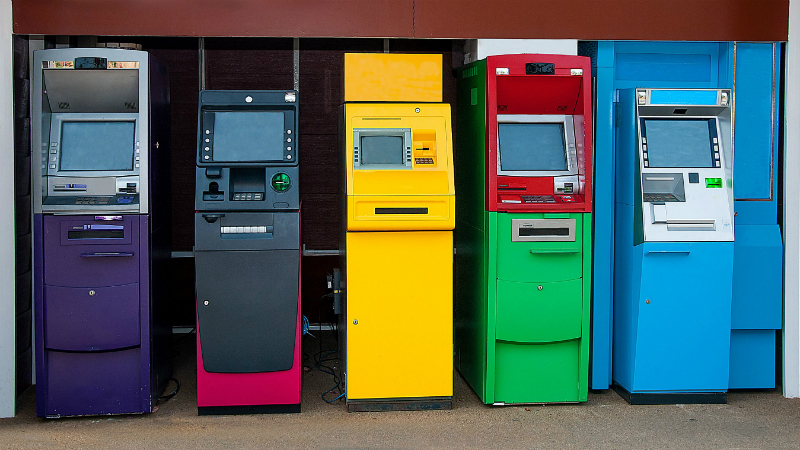Throughout development and implementation the 179D energy tax deduction has gone through several changes. One important change for qualifying buildings for leaseholders and commercial property owners is the difference in the percentage of energy savings in the latest rules that are published by the IRS.
Initially the 179D energy tax deduction was set on Standard 90.1-2001 and required a 50% reduction in energy use across the three different categories or sections outlined in the Act. These include the interior lighting, the envelope and the HVAC system which includes hot water systems.
The New Requirements
As of 2008 the different requirements of the three components of the 179D energy tax deduction have been individually set. This means that you need to show a specific percentage of energy use in each of the categories to qualify for the full deduction.
These qualifications include a 10% saving in the use of energy in the building envelope. This is basically the structural component of the building including the roof, windows, doors and walls.
In addition the 179D energy tax deduction now requires a minimum of a 20% reduction in the use of fossil fuel or electricity for lighting and 20% for the HVAC system for the building. No other systems, including industrial processing or manufacturing systems, are considered in the 179D energy tax deduction.
Interim Lighting
For specific types of buildings there are different qualifications for the lighting deduction. However, all changes in the system must still meet all standards that are regulated through the ISNA Lighting Handbook. In other words, a business cannot reduce the amount of lighting fixtures to reach that reduced energy consumption level.
When a business or commercial property is able to reduce energy consumption for lighting by the rules set forth in the interim lighting rule there are different deductions available. This can range from thirty cents per square foot with a 25% reduction to up to the full sixty cents with a forty percent savings or greater.
If you have questions about the 179D energy tax deduction it is important to seek answers from trained, qualified and approved 179D specialist companies. These professionals can help you to understand what deductions your building will qualify for. For more information, visit the website.






